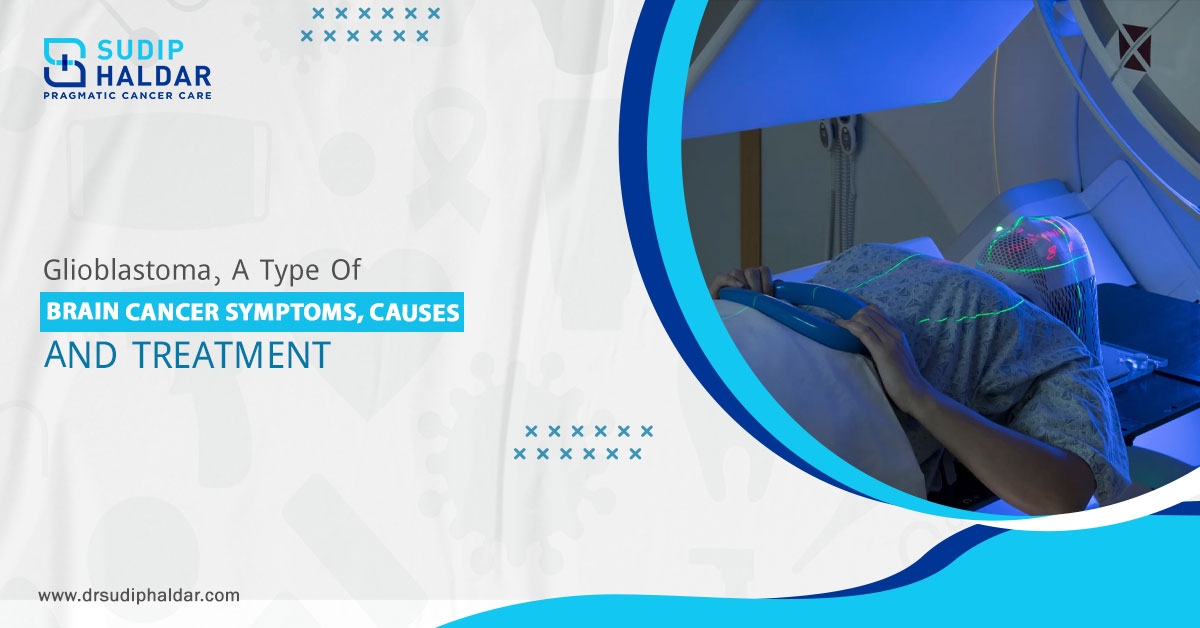Breast cancer is one of the major health concerns worldwide, with a number of risk factors. While lifestyle, environmental, and hormonal factors are common contributing factors, research shows genetics play a complex role in breast cancer susceptibility.
About 5-10% of breast cancer cases are related to genetics. In these cases, abnormal genes are passed from parent to child. This disease is treatable by a medical expert and is more common in women. To get the best medical care in oncology in Siliguri for breast cancer, see the leading cancer expert in town.
This blog takes a deep dive into the role of genetic factors in breast cancer. Have a read.
Geneticsin Breast Cancer – Understanding the connection
Breast cancer develops in the breast tissue and can spread to nearby lymph nodes and other organs due to metastasizing. When many cases are sporadic (occur in people with no family history of breast cancer), some are strongly linked to inherited genetic mutations.
Here, faulty genes are passed on to children from their parents. Despite being a less frequent risk factor, hereditary instances can make one more vulnerable to breast cancer growth.
Primarily,the genetic connection to breast cancer includes two key gene mutations: BRCA1 and BRCA2. However, recent studies reveal that there are several other genes associated with increased breast cancer risk.
Made up of DNA sequences, genes are the basic functional and physical unit of heredity. DNA includes the instructions for building proteins,and these proteins regulate the physical structure and function of all the cells in your body.
Changes in the DNA (DNA mutation) provide the wrong instructions, interfering with cell growth and division. Afaulty gene or error in a gene can cause the same mistake in all the cells that include those genes.
BRCA1 and BRCA2 Gene Mutations
We all have BRCA1 and BRCA2 genes. Their function is to repair cell damage. Problems may start when the faulty BRCA genes pass from the parents. They may interfere with normal cell growth in the breast, ovaries, etc. Hence, these genes can increase the risk of breast cancer, ovarian cancer, and other types of cancers.
These genes normally act as tumor suppressor genes and play a vital role in DNA repair. Also, they preventcells from accumulating mutations that may lead to cancer in the future. A person with mutations in these genes has the risk of getting breast and ovarian cancer.
BRCA1 Mutation
Women with a BRCA1 gene mutation have more than 72% lifetime breast cancer risk. Plus, these genescan put them at a higher risk for ovarian cancer and pancreatic cancer.
BRCA2 Mutation
On the other hand, a BRCA2 gene mutation can put women at risk of breast cancer atabout 69%.Moreover, the risk of ovarian cancer is higher as well.
BRCA gene mutations in men might increase the risk of breast cancer, prostate cancer, pancreatic cancer, etc. If you are looking for treatment in surgical oncology in Siliguri, visit the most trusted cancer surgeon in town.
Therefore, genetic testing and lifestyle modifications are essential. Effective medical care in oncology has improved breast cancer survival. If you have/ had a member in your family with breast or ovarian cancer, see your healthcare provider for possible preventive steps and care.





